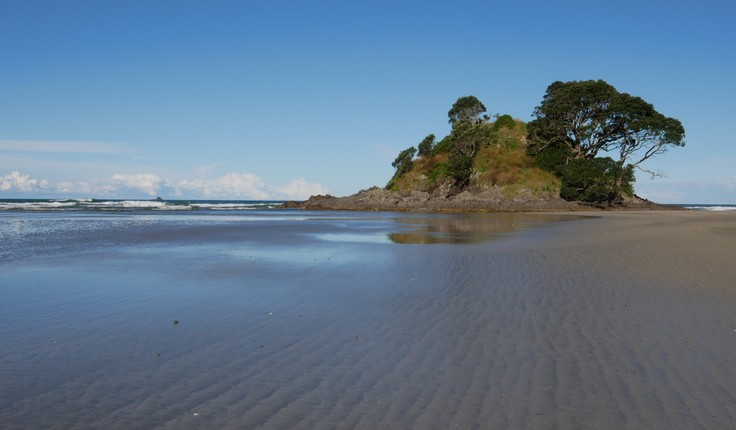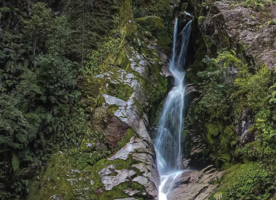News
Project Landscape Assessment Methodology
Posted 22 09 2017
in News

Opportunity to contribute
The landscapes of Aotearoa-New Zealand are a source of cultural identity, provide a range of qualities and services for communities in urban and rural environments, and are a source of value for tourism and primary production. For these reasons, landscape change is frequently a focus in decision making about development.
Recently, the Environment Court has taken a significant interest in seeking consistent methodologies amongst witnesses involved in landscape assessment. In a number of decisions, the Court has been critical of landscape experts and the ‘unwillingness’ of our profession to adopt a unified approach to landscape values assessment. Such decisions do not promote the important work of landscape architects, but rather have escalated concerns within governing bodies around the uncertainty of landscape management, and potentially threaten to undermine the value landscape is given in legislation.
In 2010, the NZILA published a Best Practice note that set out a framework of stages and definitions for landscape assessment. It is expressed at a level of generality and does not provide detailed technical guidance. There are increasing calls for further guidance at two levels: first there would be benefits in a general non-technical guide to central and local government and relevant agencies; and second there is a need for more detailed technical guidance to provide direction to landscape assessment experts.
The NZILA is seeking to revisit the issue of landscape assessment methodology, following the unfortunate withdrawal of the MfE backed project earlier this year. Heeding advice from a number of members, and free from the restrictions of that project, we are intentionally keeping the brief for the project wide open (all aspects of landscape, including cultural value and natural character). The aim is to run a series of focussed workshops across the country whereby all members are given the opportunity to contribute to the discussion and have your views documented. The workshops will help us shape the process by which more detailed guidance can be drafted and adopted.
The Environment Court have indicated that they are preparing a series of questions they would like our profession to formally respond to, and we understand that these will be received mid-late October. Whilst the Judges formulate their request, we felt that it would be useful to also ask all our members to also consider some key questions/topics you consider necessary to debate. It is then intended that all responses will be developed into a discussion agenda for each of the workshops, and that each workshop prepares a joint statement documenting areas of agreement, and more importantly areas of disagreement.
Thank you to all members who attended a workshop.
We would like to thank these organisations for providing meeting space:
Boffa Miskell
Opus
Auckland Council
Isthmus
DCM Urban Design
School of Landscape Architecture, Lincoln University
The Workshops were held to revisit the issue of landscape assessment methodology. The aim was to run a series of focussed workshops across the country whereby all members were given the opportunity to contribute to the discussion and have their views documented. The workshops will help us shape the process by which more detailed guidance can be drafted and adopted.
The next step in the process is over the next few weeks we’ll collate the workshop feedback into a single document and share with members for their review, together with recommendations on the next stages.
Reference attachments & links:
2017-09-11 Decision [2017] NZEnvC 150
[2017] NZEnvC 147 Western Bay of Plenty District Council v Bay of Plenty Regional Council
NZTA Landscape Visual Assessment Guidelines
Best Practice Note: Landscape Assessment and Sustainable Management 10.1
16 Feb
Weekly international landscape, climate and urban design update

Monday 16 February
This is your weekly international snapshot of what’s happening across landscape architecture, climate adaptation and urban design. Drawing on credible …
12 Feb
NZILA lodges submission on Planning Bill and Natural Environment Bill

There’s still time to have your say
Tuia Pito Ora New Zealand Institute of Landscape Architects has lodged its formal submission on the Planning Bill and Natural …
09 Feb
Weekly international landscape, climate and urban design update

Monday 9 February
This is your weekly international snapshot of what’s happening across landscape architecture, climate adaptation and urban design. Drawing on credible …
Events calendar
Full 2026 calendar